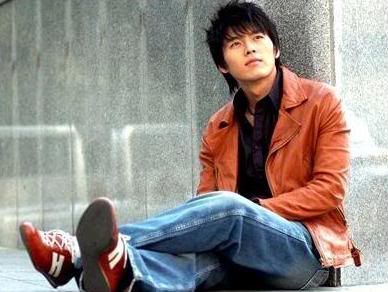Again, I woke up at 6 a.m. Finding nothing much to do, I surfed the net. Decided to see if there is a course to learn Korean.
I found this site: Learn Korean. In this site, I can learn han-guk characters. Some words and sentence structures. As there is no pronunciation, I just have to figure them out.
However, I can confirm some sounds of certain words.
chogi issoyo means "it exist over there", or "its over there"
Issoyo on its own can mean "I have/he has"
Opsoyo means "I dont have" or "I havent got"
When addressing a shop keeper or waiters, Koreans use ajossi literally meaning uncle, but is used as a general word when addressing someone in a shop.However if it were to be used in a formal way, it is only for the referral of a man.
For females the word ajumma meaning aunt is used, for people over 35-ish, and for younger woman agassi is used for young women.
Ottaeyo means is how
Kuraeyo literally means "it is like that"
Shillye Hamnida means excuse me.
Shillye Jima means I am sorry but...
Anieyo: Not
Kidariseyo: Please wait
Older Woman - 아주머니 - ajumni (aunt) [Polite]
Older Woman - 아줌마 - ajumma (auntie) [Less Polite]
Older Man - 아저씨 - ajussi (Uncle)
Elderly Woman - 할머니 - hal muh ni (Grandmother) [Polite]
Elderly Man - 할아버지 - hara buh ji (Grandpa) [Less Polite]
Father - 아버지 - ah buh ji
Father in law - 시아버지 - shi ah buh ji
Father in law - 장인어른 - jang in uh reun
Dad - 아빠 - appa [Informal]
Mum - 엄마 - umma
Mother - 어머니 - uh muh ni
Mother in law - 시어머니 - shi uh muh ni
Mother in law - 장모님 - jang mo nim
Older Sister - 언니 - unni (If the speaker is female)
Older Brother - 오빠 - oppa (If the speaker is female)
Older Sister - 누나 - nuna (If the speaker is male)
Older Brother - 형 - hyung (If the speaker is male)
Younger Sibling - 동생 - dong saeng (Regardless of speaker's gender)
12/16/06
Subscribe to:
Post Comments (Atom)


No comments:
Post a Comment